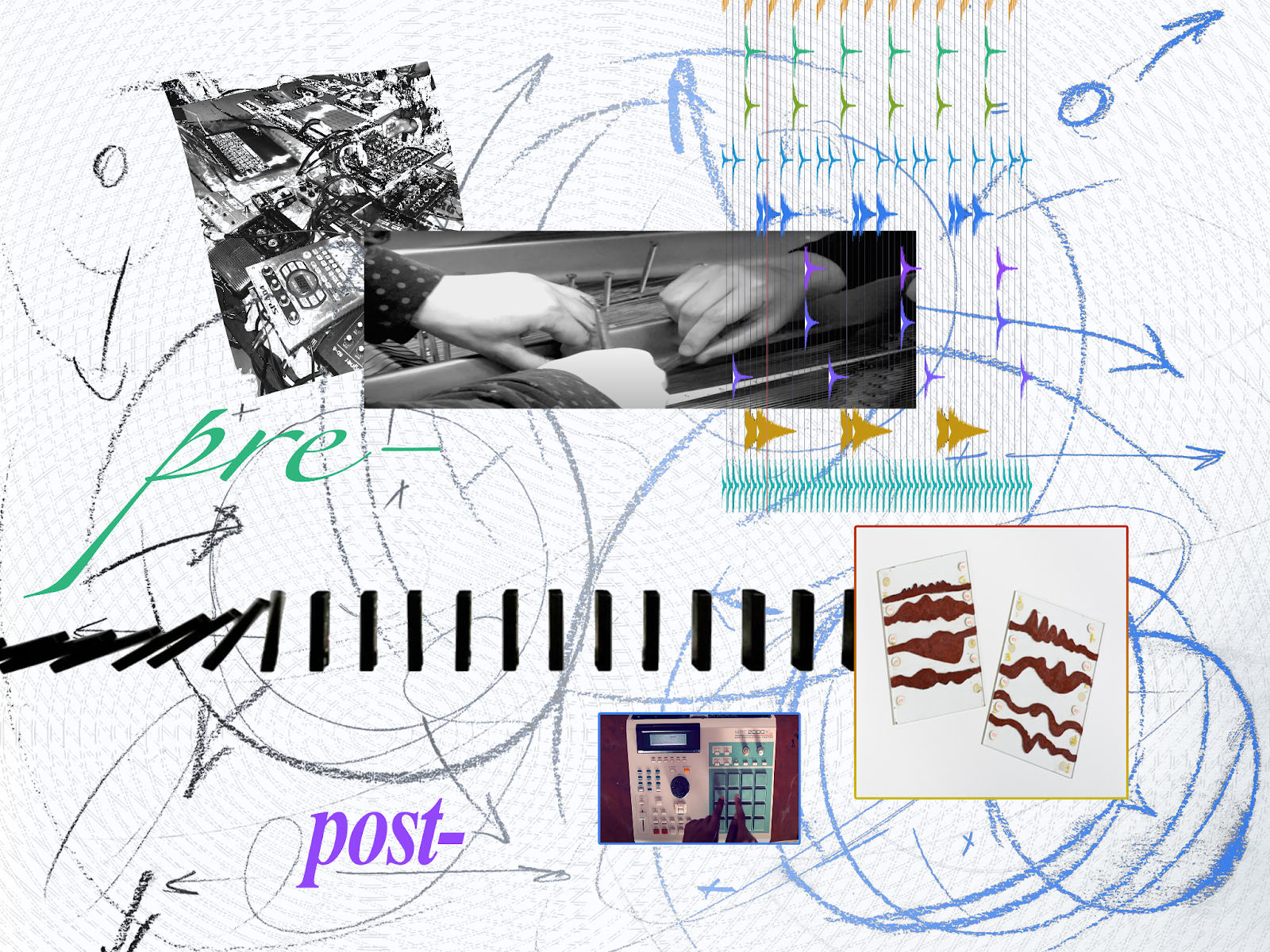Abstract
The second thing they tell you at a vicarious trauma workshop is to turn the audio off while watching the videos. The first thing is to not try to be a hero, and the more content you stoically expose yourself to the more insidiously it will take root. Of course I was too arrogant to listen. Spent hours at work combing through graphic material, listening to every gunshot and scream. Over and over again. I became more withdrawn, cried privately. Over and over again. The visuals are haunting, but they fade eventually. The sounds are ghosts that still live with me.
I used science to intellectualize my troubles. I researched the relationship between sound and memory, a lot of papers about remembering patterns. I researched the relationship between sound and violence, a lot of papers about vets and PTSD. I researched the relationship between violence and memory, a lot of papers about mice and their cortisol levels. And while I now understand why I get auditory hallucinations, I don’t know how to get rid of them.
So now, I use art to romanticize my deteriorating mental health. I journaled to log my thoughts, nagging daydreams, and irrepressible emotions. I want to share a translation of these ramblings, three poems expressed in video. The result is a collage of open-source video, 3D models, and diegetic sound; a quick peek into my quotidian, a chaotic tour through the real, unreal, and ultrareal.
Notes on Contributor
Gauri Bahuguna is a computational designer and researcher dedicated to exploring intersections of art, human rights, and emerging technologies. With over five years of experience investigating complex human rights cases, Gauri has collaborated with practitioners across the domains of advocacy, law, and art to create compelling narratives that are accessible to wider audiences.
As Deputy Director and Senior Researcher at SITU Research, she has led investigations into human rights violations in Sudan, surveillance along the U.S. Southern Border, and short form films for the UN mapping evidence of ISIL’s crimes in Iraq. She has also served as a researcher and curatorial adviser on “Patterns of Life” a collaboration with artist Mona Chalabi for the Cooper Hewitt Design Triennial. Additionally, Gauri has taught electives like “Spaces of Accountability / Models of Justice” and studios at the Cooper Union School of Art, given lectures at Carnegie Mellon, NYU, The New School, and participated in the inaugural Biennale College Architettura in Venice, 2023.

This work is licensed under a Creative Commons Attribution-NonCommercial-NoDerivatives 4.0 International License.
Copyright (c) 2025 Gauri Bahuguna

